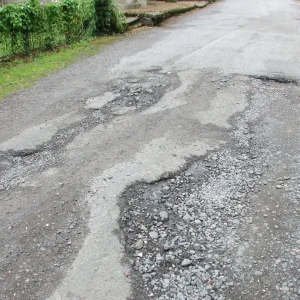Transport for London (TfL) has been forced to pay compensation to 35 van operators after wrongly advising them that their vehicles did not meet the new requirements of the London Low Emission Zone, which it introduced in January 2012.
In order to avoid paying the £100 daily charge to enter the zone or be hit by a £500 fine, TfL said the owners must either replace their vehicles or modify them to comply to the Euro3 emissions standards adopted in 2002. However, it transpired that the vans were either compliant already or were not within the scope of the scheme.
Five of the owners, who had replaced their vans, took their grievances to local government ombudsman Dr Jane Martin. She said TfL had made “fundamental errors” both in checking whether the vans were compliant and in not adequately warning the owners to make their own checks.
TfL agreed to pay a total of £40,000 compensation to the 35 operators, including £10,000 to one of the complainants, a scaffolding company based in Croydon south London, which had replaced seven of its vans, before discovering the existing stock it had part-exchanged or scrapped was LEZ-compliant.
The ombudsman accepted TfL had undertaken research to ascertain which vans would be affected by the changes to the LEZ and had tried to inform owners. But she added: “Some of the information sent out was wrong and caused vehicle owners unnecessary expense.
“When the authority (TfL) became aware that information it had sent to these owners was wrong, it did not take steps to give the owners the correct information.”
Martin found maladministration had caused injustice to each of the five complainants and recommended TfL compensate them as well as the 30 others who contacted TfL about the matter.
While agreeing to pay compensation, TfL suggested the errors over whether the vans were compliant had occurred because it had received inadequate information from the Government and van makers.
A spokesman said: “When establishing which vehicles would be affected by changes to the LEZ in January 2012 we were heavily dependent on information provided by Government agencies and vehicle manufacturers. Unfortunately in a small number of cases the information we were provided with was not as comprehensive as it should have been, which resulted in a small number of vehicle operators taking action that was not necessary to make their vehicle compliant. We have apologised to those affected and are working with them to ensure they are properly compensated.”





